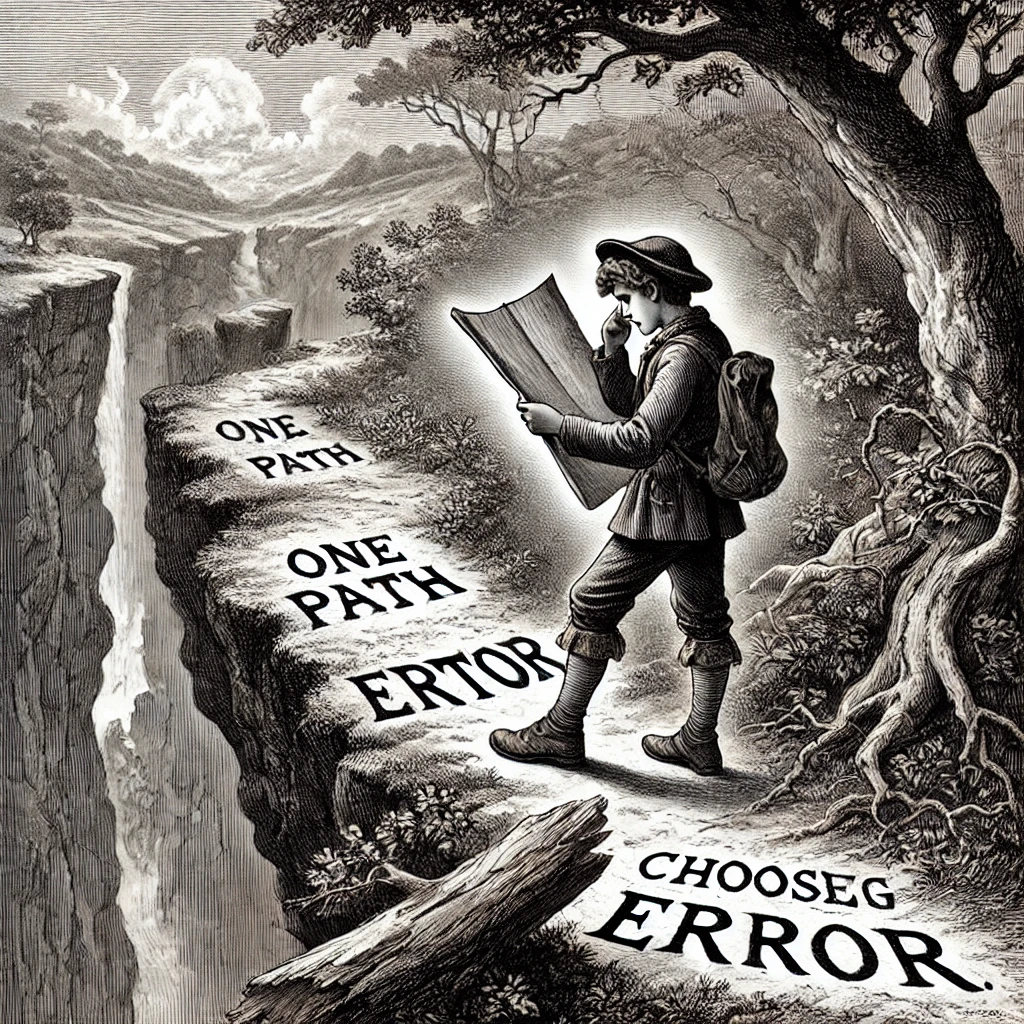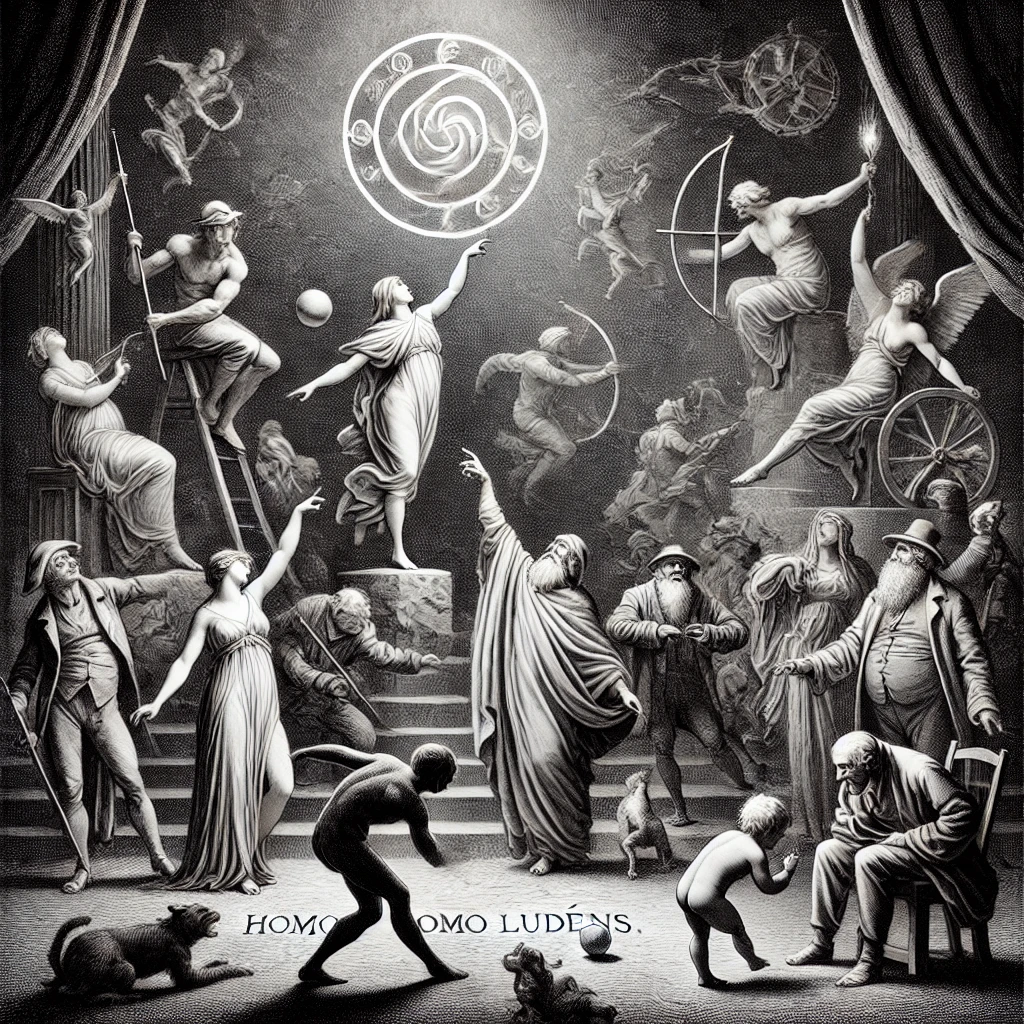



the "bad" errors (often happen only once)
the "innocent" (unpleasant but useful minor misstep)
Turn to Your neighbour, discuss the question "what was the worst error (e.g. the biggest fuckup) You ever did/caused in Your life". After 5 minutes, each couple will be asked to present at least one such error to the plenum.
What is Your most favorite game / way of playing ?
Any game You would like to bring & play with Your colleagues during the Congress ?
